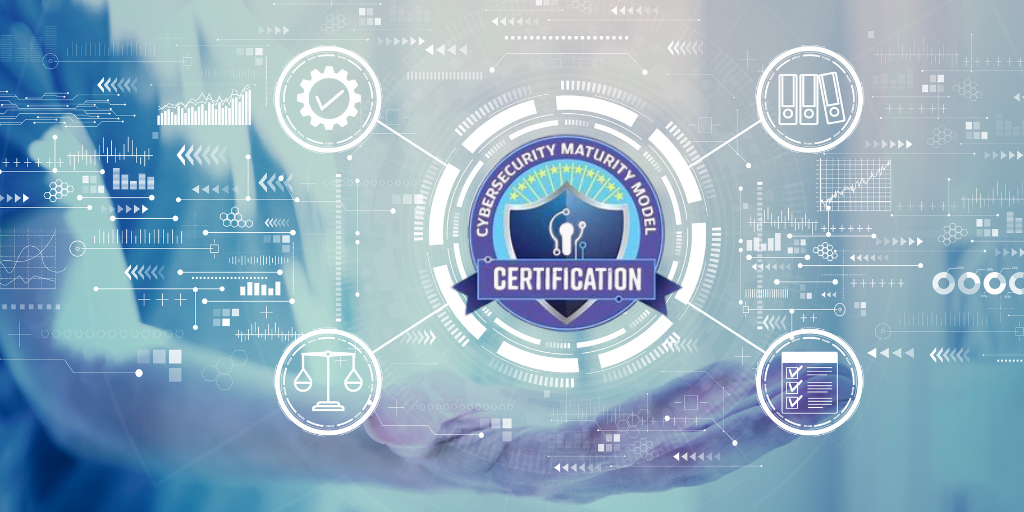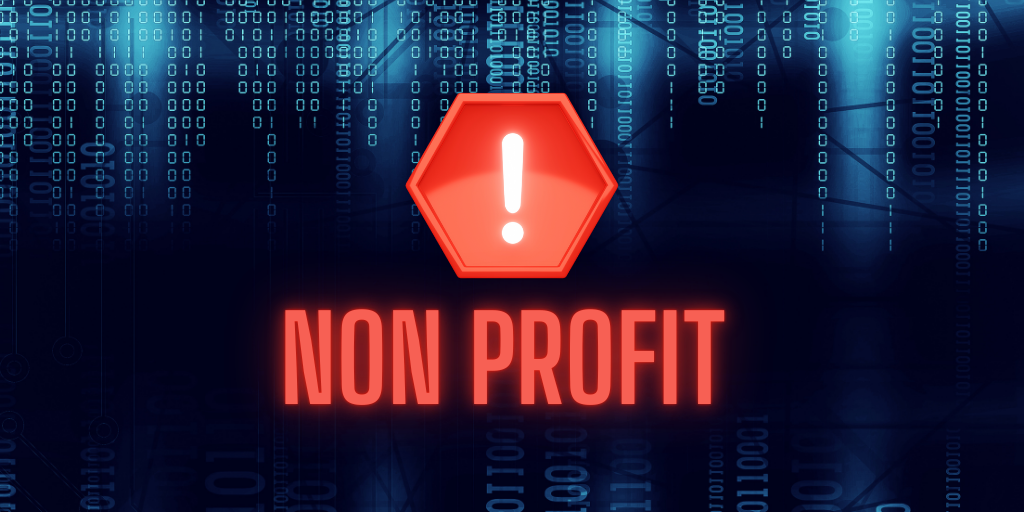Addressing CMMC Compliance Gaps for Small Businesses
Navigating the complex landscape of CMMC compliance can be a daunting task for small businesses, but with the right strategies, achieving and...
2 min read
.jpeg) Michael Markulec
:
Aug 4, 2023 2:51:53 PM
Michael Markulec
:
Aug 4, 2023 2:51:53 PM

Businesses must be proactive in protecting their data and network from cyber-attacks in today's hybrid work environment, where remote work is becoming increasingly common. One effective tool that can significantly improve security and protect your company from potential liabilities is an Acceptable Use Policy (AUP). For small to medium-sized businesses (SMBs), implementing an AUP can be a game-changer, helping them navigate the challenges posed by the digital age.
An AUP is a comprehensive document that outlines rules and restrictions related to the use of workplace technology, including company networks, software, internet connections, and personal mobile devices under the Bring Your Device (BYOD) policy. By explicitly stating how employees should and shouldn't use company-provided technology, an AUP sets clear expectations and guidelines for the responsible use of technology within the workplace.
The primary advantage of an AUP is its ability to improve security in a hybrid work environment. With the rise of remote work, cybercriminals have increasingly targeted vulnerable networks and unsecured wireless connections, leading to an increase in ransomware attacks. Furthermore, certain applications installed by employees can become gateways for hackers. An AUP ensures that employees are aware of their responsibilities and rights concerning technology usage, educating them on identifying potential threats and staying safe from cybercriminals.
By creating a detailed and well-organized AUP, SMBs can substantially reduce their vulnerability to cyberattacks, data breaches, and compliance violations. The policy also allows companies to hold employees accountable if they violate the AUP, promoting a culture of cybersecurity awareness and responsibility.
However, SMBs need to be cautious about potential issues that may arise from poorly drafted AUPs. For example, overly specific policies may leave little room for interpretation, leading to inconsistent enforcement and possible legal complications. To avoid this, it's essential to craft a flexible AUP that allows for case-by-case handling of violations.
Striking the right balance is critical – while a stringent AUP may enhance security, it could negatively impact employee morale and productivity. Employees need some degree of freedom to check personal emails or take mental breaks, which can positively affect their performance. Hence, an effective AUP should encourage responsible usage without impeding an employee's ability to do their job.
To draft an effective Acceptable Use Policy (AUP) for your SMB, consider these key guidelines: clarify the policy's scope with real-life examples, provide reasons for compliance, explain enforcement and consequences, avoid excessive specificity, use straightforward language, track revisions and communicate changes, align the AUP with business goals, focus on likely risks, involve HR and legal advisors for review, and regularly update the policy to address current technology and risks. A well-crafted AUP promotes cybersecurity, compliance, and responsible technology usage in the workplace.
Apart from a well-crafted AUP, investing in secure and user-friendly workplace technology is vital for businesses. Such technology not only boosts productivity but also reduces the chances of employees resorting to third-party applications that might compromise security.
In conclusion, an Acceptable Use Policy is a crucial tool for SMBs to protect their data, networks, and reputation in the digital age. By promoting responsible technology usage and cybersecurity awareness, an AUP helps mitigate the risks associated with remote work and ensures a safer, more productive work environment for everyone involved.

Navigating the complex landscape of CMMC compliance can be a daunting task for small businesses, but with the right strategies, achieving and...

In an increasingly digital world, non-profits are prime targets for cyber threats. You can just discover how a Virtual CISO can protect your...

Small businesses must prioritize secure messaging to protect sensitive information and maintain customer trust.